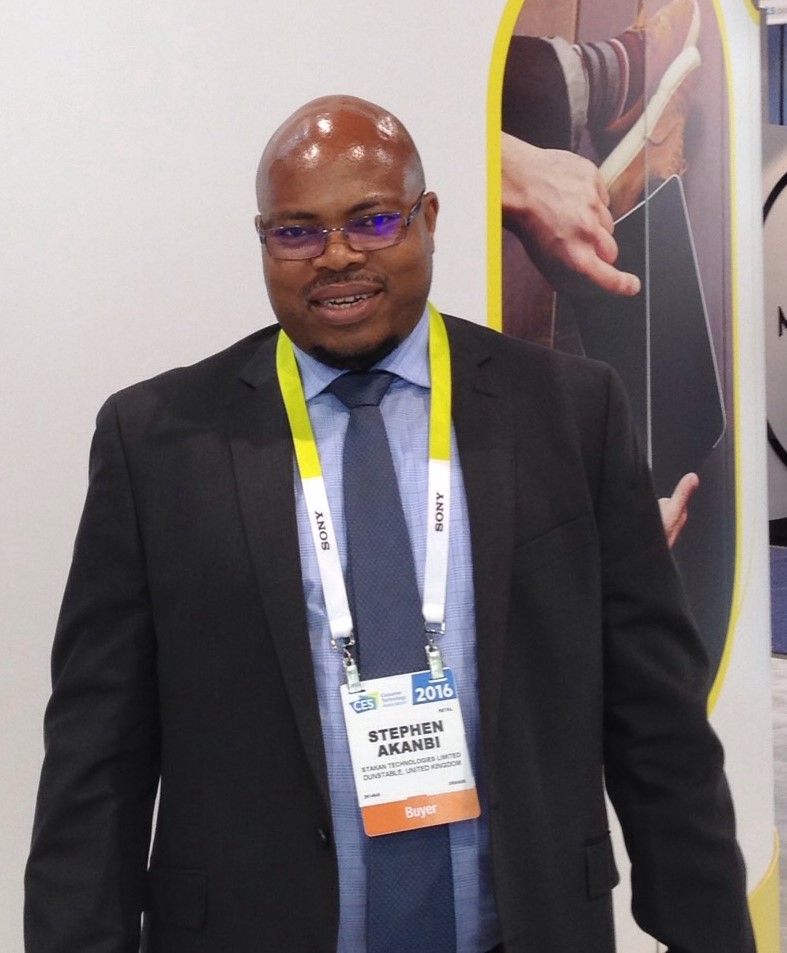Israel-Hamas War
The Illusion of Western Superiority: How Colonial Mentality Shapes Nigeria’s Elite and Youth -By Stephen Akanbi
Nigeria’s future lies in self-belief, as demonstrated by nations like India, Brazil, and China. The West is not inherently superior—it has simply mastered the art of controlling narratives. Until Nigerians unlearn the myth of Western supremacy, they will remain mental slaves in a free nation.

Nigeria is Africa’s most populous nation, blessed with a rich and diverse culture, tradition, human and material resources, and immense potential. Yet, despite these strengths, a troubling dysfunction persists among its educated class—colonial mentality. The legendary Fela Anikulapo Kuti captured this phenomenon in his music, highlighting the ingrained belief that the West—particularly the U.S. and Europe—occupy a superior moral, intellectual, and cultural high ground.
This mindset, deeply rooted in colonial history, has been reinforced through Western education, media propaganda, pop culture, movies, music, and even religion, leaving many Nigerians—especially the elite and youth—viewing their own identity as inferior. The result? A society where Nigerians mimic Western accents, mannerisms, culture, and aspirations, often to the detriment of national pride and development.
The Nigerian education system, a relic of British colonialism, has long prioritized Western knowledge over indigenous wisdom. From primary school to university, Nigerian students study European history, literature, and philosophies, while African history—written by our own authors and thinkers—is relegated to footnotes, rarely given the prominence it deserves. Chinua Achebe’s Things Fall Apart is often taught as a response to Western literature rather than as a masterpiece of African storytelling in its own right. Similarly, academic works by great African authors like Cheikh Anta Diop are largely excluded from curricula because they challenge Western narratives.
Prestigious institutions such as Loyola Jesuit College, Grange School, Atlantic Hall, and British International School model their curricula after Western education systems, reinforcing the idea that “foreign” means “better.” These schools direct students toward European and American universities while Nigeria’s once-glorious tertiary institutions are neglected.
Western media dominates Nigerian screens, shaping perceptions of success, beauty, and intelligence. Hollywood movies, CNN, and BBC portray the West as the pinnacle of civilization, while African narratives are often limited to themes of corruption, political ineptitude, disease, poverty, war, and wildlife. The BBC has even launched a pidgin-English service to further expand its influence over local audiences, having long controlled narratives in the North through its Hausa service.
Nigerian media is not exempt from this colonial hold. Most news anchors speak in exaggerated American or British accents, as if their credibility depends on it. Why does a Nigerian news anchor sound like a CNN correspondent when their audience is in Lagos? Local stations constantly recycle Western media reports, devoting excessive airtime to trivial foreign news instead of important local developments. Any contributors who challenge Western perspectives are swiftly shut down.
Celebrities reinforce this mindset as well. Popular stars like Davido and Burna Boy, despite their Afrocentric pride, still measure success by Western validation—Grammy awards, international collaborations, and foreign endorsements. Their social media pages showcase their travels to Dubai, London, and New York as trophies, sending the message that success must be affirmed abroad. Many Nollywood actors adopt foreign accents during interviews, as if their local achievements lack significance without Western approval.
Religion plays its part, too. Missionary Christianity introduced during colonial rule, along with today’s Pentecostal prosperity gospel, has taught Nigerians to associate Western culture with godliness. Traditional religions were demonized, while European dressing, languages, and customs were framed as morally superior. Pastors now preach a prosperity gospel tied to Western materialism, equating divine blessing with private jets, U.S. visas, and British accents. Wealth is measured not in naira but in dollars and pounds.
Perhaps the most glaring consequence of colonial mentality is the obsession with “Japa”—emigration at all costs. Many Nigerians believe that success is only attainable abroad and see leaving the country as the ultimate goal. Yet, in their rush to relocate, they often overlook the harsh realities of life overseas—high living costs, systemic racism, extreme weather conditions, strict immigration policies, cultural isolation, heavy taxation, and limited access to quality healthcare. The romanticized perception of life abroad blinds many to the challenges they will face, leaving them unprepared for the difficult journey ahead.
The brain drain is taking its toll as well. Nigeria’s tax-funded, highly trained professionals—doctors, engineers, and tech experts—are selling their possessions and leaving in droves for Europe and North America, further weakening local institutions and stripping the economy of valuable human capital.
So, when will Nigeria break free from this erroneous cycle of thought? When will Nigerians reclaim their identity and redefine success on their own terms? The answer lies in deliberate action—integrating African history, science, and philosophy into school curricula, promoting local content over Western imports, and genuinely celebrating indigenous success. Nigerian innovators, leaders, and artists must be recognized by standards aligned with Nigerian values, not foreign validation. Local industries must be strengthened, empowering the economy rather than reinforcing dependence on foreign exchange.
Nigeria’s future lies in self-belief, as demonstrated by nations like India, Brazil, and China. The West is not inherently superior—it has simply mastered the art of controlling narratives. Until Nigerians unlearn the myth of Western supremacy, they will remain mental slaves in a free nation.
Engineer Stephen Akanbi, based in the UK, submitted this piece as part of his ongoing efforts to rally support for Nigeria’s conscious reawakening and industrial revolution.






















